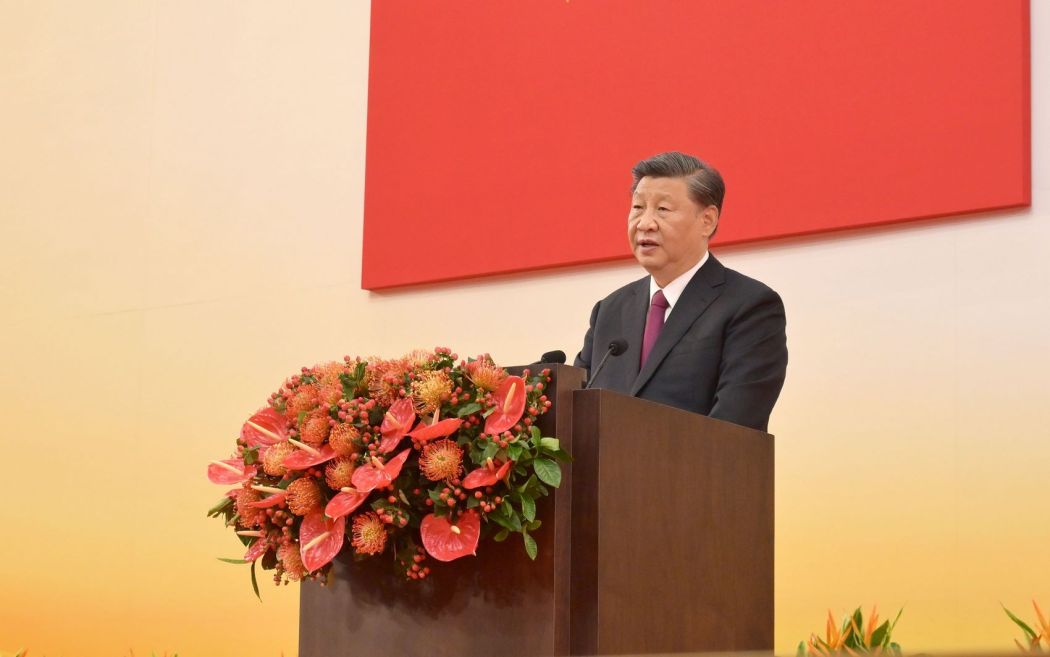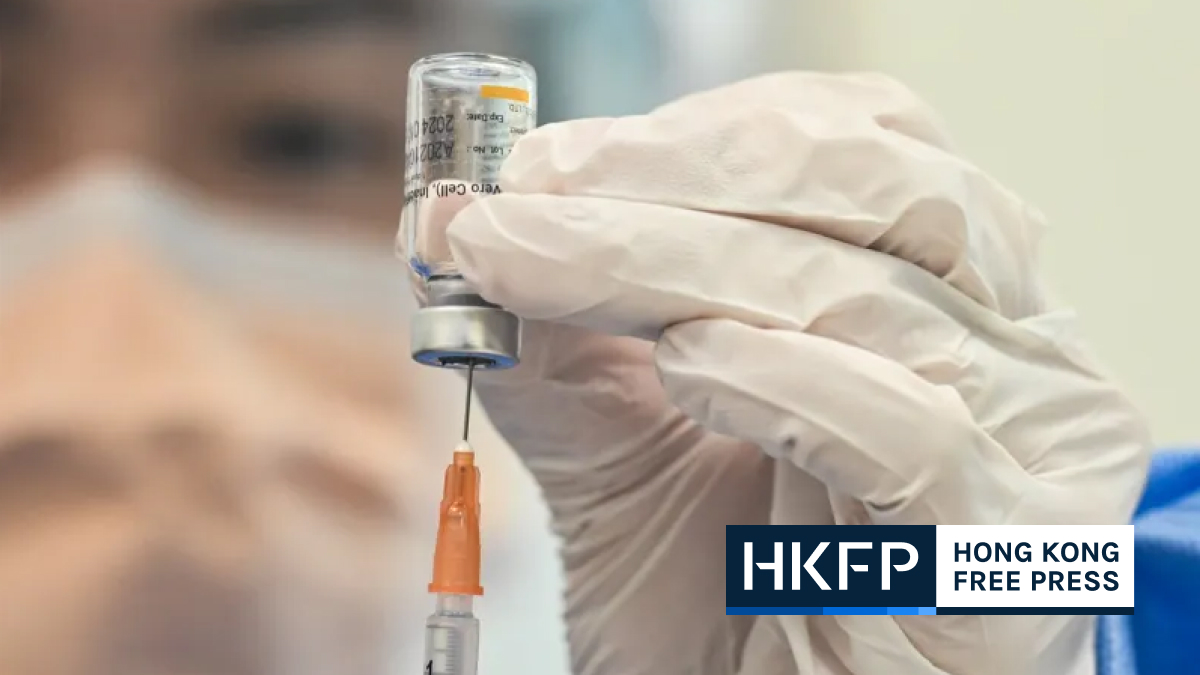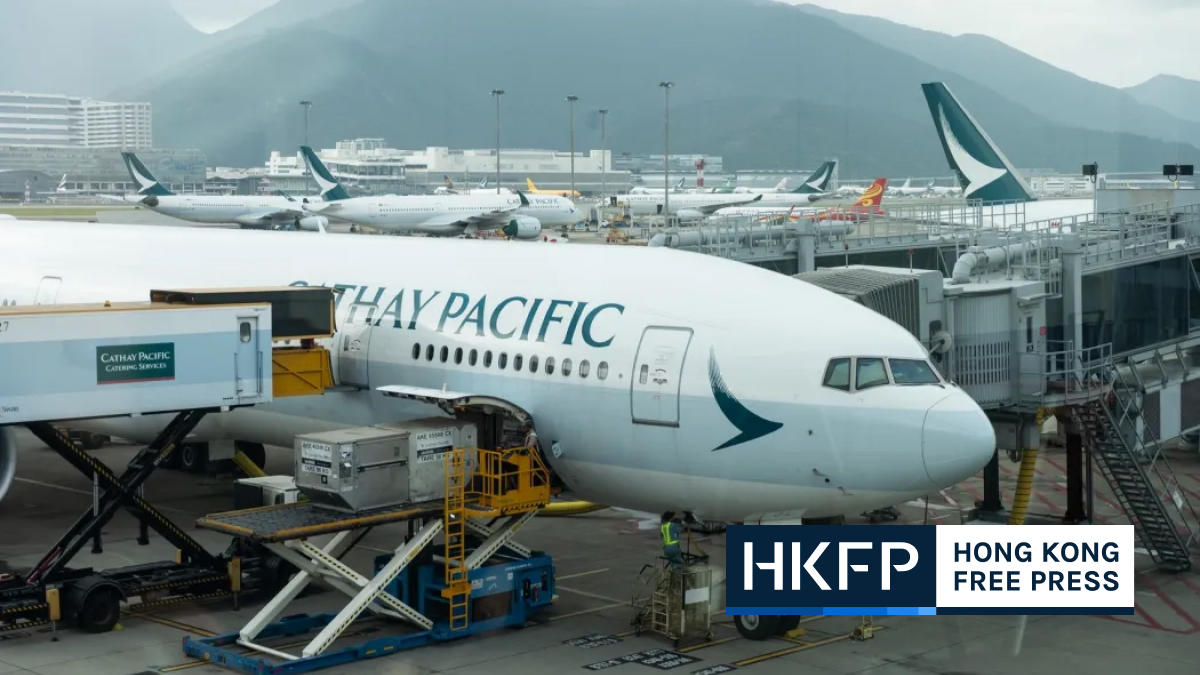By Vivian Lin
Tens of millions in China headed to their rural hometowns for Lunar New Year celebrations Thursday, though President Xi Jinping said he was “concerned” about the countryside’s ability to weather a Covid surge.
China’s transport authorities have predicted that more than two billion trips will be made this month into February in one of the world’s largest mass movements of people.

But the exodus from big cities hit hard by Covid is widely expected to cause a spike in cases in under-resourced rural areas.
Officials have said that as of Wednesday, 480 million people have travelled across the country since January 7, a huge increase compared with the same period last year.
There were huge crowds on Thursday at central train stations in Beijing and Shanghai, where many travellers told AFP they were elated to be heading home — some for the first time in years.
“I don’t care anymore, that’s how I feel,” a Shanghai-based worker called Chen, heading home to the southeastern city of Wenzhou, told AFP.
“Last year I was so careful, and this year I feel much braver,” she said.
“I haven’t been home for three years,” said Ren, an agent representing social media influencers.
“Because of Covid, my salary hasn’t been that high, and sometimes I don’t even get to go to work,” he explained.
“I wanted to be with my family. It doesn’t matter if I have money or not, I want to go see them,” Ren added.
“Something that I’ll definitely do when I go home is give my mum and dad a hug.”

Others appeared more concerned about the coronavirus, with two young women in their 20s wearing hazmat suits.
“We’re a bit worried the virus will be more transmissible during the Chinese New Year travel rush,” one said.
“Since we’re going home, we’re worried it’ll affect our families, that’s why we bought (hazmat suits).”
‘Gloomy emotions’
China’s leader has expressed similar concern about the impact of the outbreak on rural areas during the holidays.
“Xi said he was primarily concerned about rural areas and rural residents after the country adjusted its Covid-19 response measures,” state news agency Xinhua reported Wednesday — a reference to the relaxing of China’s strict virus curbs last month.
He “stressed efforts to improve medical care for those most vulnerable to the virus in rural areas”, Xinhua said.
“Epidemic prevention and control has entered a new stage, and we are still in a period that requires great efforts,” Xi was reported as saying, stressing the need to “address the shortcomings in epidemic prevention and control in rural areas”.

After a gruelling month in which cases surged nationwide, the government said it would step up efforts to quell “gloomy emotions” online about the outbreak.
China’s internet watchdog launched a campaign Wednesday to sponge out “fabricated patient experiences” online and “increase the rectification of epidemic-related online rumours”.
The goal of the campaign, the Cyberspace Administration of China said, was to weed out items that “mislead the public and cause social panic”.
Lunar New Year peak
Airfinity, an independent forecasting firm, has estimated daily Covid deaths in China will peak at around 36,000 deaths per day over the Lunar New Year holiday.
Before they were relaxed, China’s hardline zero-Covid policies including long lockdowns hammered its economy and sent hundreds onto the streets in protest.
Xi defended that strategy on Wednesday, insisting zero-Covid had been “the right choice” and had allowed the country to fight several outbreaks.

China on Saturday reported almost 60,000 Covid-related deaths in just over a month, the first major toll released by authorities since the restrictions were eased.
But with mandatory testing scrapped last month, official statistics are no longer believed to accurately reflect the scale of the outbreak.
Airfinity also estimated that more than 600,000 people have died from the disease since China abandoned the zero-Covid policy.
The Britain-based research firm has said its model is based on data from China’s regional provinces before changes to reporting infections were implemented, combined with case growth rates from other former zero-Covid countries when they lifted restrictions.
Support HKFP | Policies & Ethics | Error/typo? | Contact Us | Newsletter | Transparency & Annual Report | Apps
Help safeguard press freedom & keep HKFP free for all readers by supporting our team















